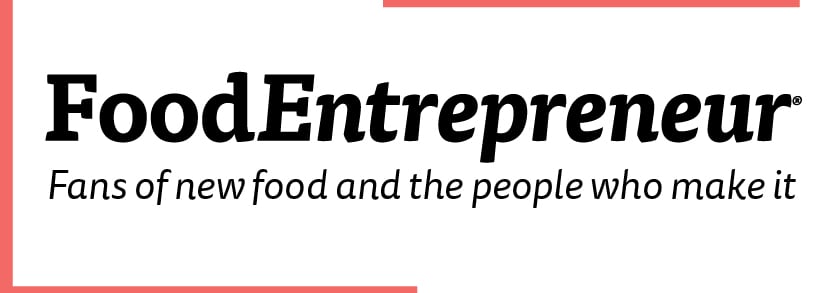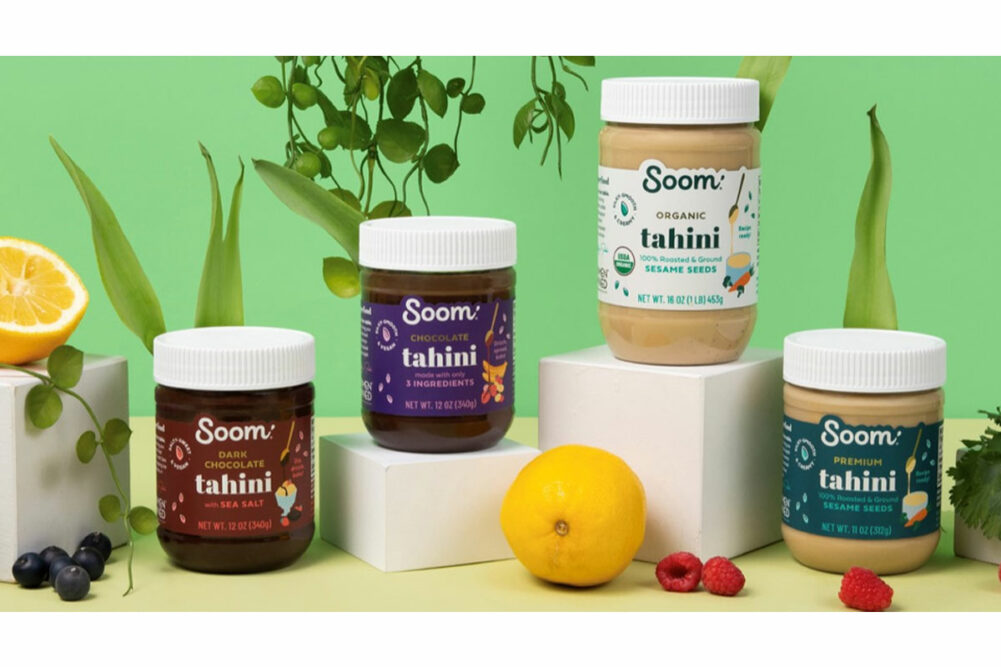 PHILADELPHIA — Amy Zitelman, co-founder and chief executive officer of Soom Foods, was faced with the decision to shut down her company’s online store in 2023. Ultimately, she did so at the end of the year.
PHILADELPHIA — Amy Zitelman, co-founder and chief executive officer of Soom Foods, was faced with the decision to shut down her company’s online store in 2023. Ultimately, she did so at the end of the year.
Soom Foods, a maker of tahini-based spreads and snacks, launched in 2013 focusing on foodservice, but soon moved into the retail space. The company’s online presence has been open from the beginning. But in 2023, the company was faced with competing e-commerce partners, 24% of its warehouse’s workload being spent packing direct-to-consumer orders when those orders only accounted for approximately 5% of its revenue.
“Our online store was never the driver of our business in the history of Soom,” Zitelman said. “We only started investing pushing people to soomfoods.com during COVID. It was the first time we started doing advertising like digital ads to push people to soomfoods.com.”
Zitelman noted the company put its products on Amazon before investing in its own online store.
 Amy Zitelman, chief executive officer and co-founder of Soom Foods. Photo: Soom Foods
Amy Zitelman, chief executive officer and co-founder of Soom Foods. Photo: Soom Foods“We saw the value that Amazon brought to consumer experience,” she said. “A faster, I guess, attention to checkout process than we could’ve gotten on our own site.”
Since the online store was not the company’s main driver of revenue, Zitelman said that made the decision easier to let it go.
“Our revenue and obviously our resources like attention of our people, our cash for spending for growth was always disproportionate,” she said. “It became easy for us to choose to sunset it when we started increasing our distribution into retail stores where people could find us in more places than they could before.”
Zitelman said some factors attributing to the closing included making its Shopify store “too customized.”
“We had the opportunity to create bundles, (and) it proved to be very difficult between (the) front end then the experience of our back end,” she said.
In addition to the time spent on back-end packing operations, another consideration for shuttering the company’s online store was effective promotional spending.
“What I was seeing was when I would Google ‘Soom Tahini,’ is that our ad spend was competing with the people that were selling Soom,” Zitelman said. “I was like, ‘why are we all spending money competing, why at least is Soom spending money competing with our partners if our customers are already shopping on Thrive (Market)? Why are we getting in the way of that customer just continuing with their purchasing behavior?’ So those third-party e-commerce competitors, who shouldn’t have been (because) they were our partners, is what really kind of started giving me the nudge to consider sunsetting soomfoods.com.”
For other food entrepreneurs, Zitelman offered a few pointers when setting up online stores.
“I would just say to make sure it’s tailored to the experience you want the consumer to have with your brand,” she said. “And in order to do that to the full extent, I was mentioning the customization, people feel compelled to customize but customizing a site and checkout experience leads to a lot of limitations in the future. There’s always a double edge sword, I would say to think about it from both sides anytime you’re making a decision.”
In a LinkedIn post regarding closing its online store the company said, “The resources spent to drive awareness, consideration and purchase as well as the resources needed to pack the product and ship it out to the customer would be better spent where consumers are already shopping.” Zitelman said with this, the company is planning to invest more into trade spending and marketing in retailers.
“We’re going to do some demos in grocery stores, which we haven’t done in years,” she said. “Then we are investing into more instore marketing like digital ads at the conventional retailers or other retailers. (Also) couponing on product in stores is something new that we’re testing. So we’re really working on initiatives that drive trial at the shelf.”
Zitelman said Soom also is focused on growing retail distribution and driving sales across other sales channels.
“Soom ended 2023 in over 3,000 stores, which we’re really excited about and that included our first launch into a conventional market, which was Publix, and that opportunity has presented us to reach more consumers than we ever have,” she said.
Enjoying this content? Learn about more disruptive startups on the Food Entrepreneur page.





